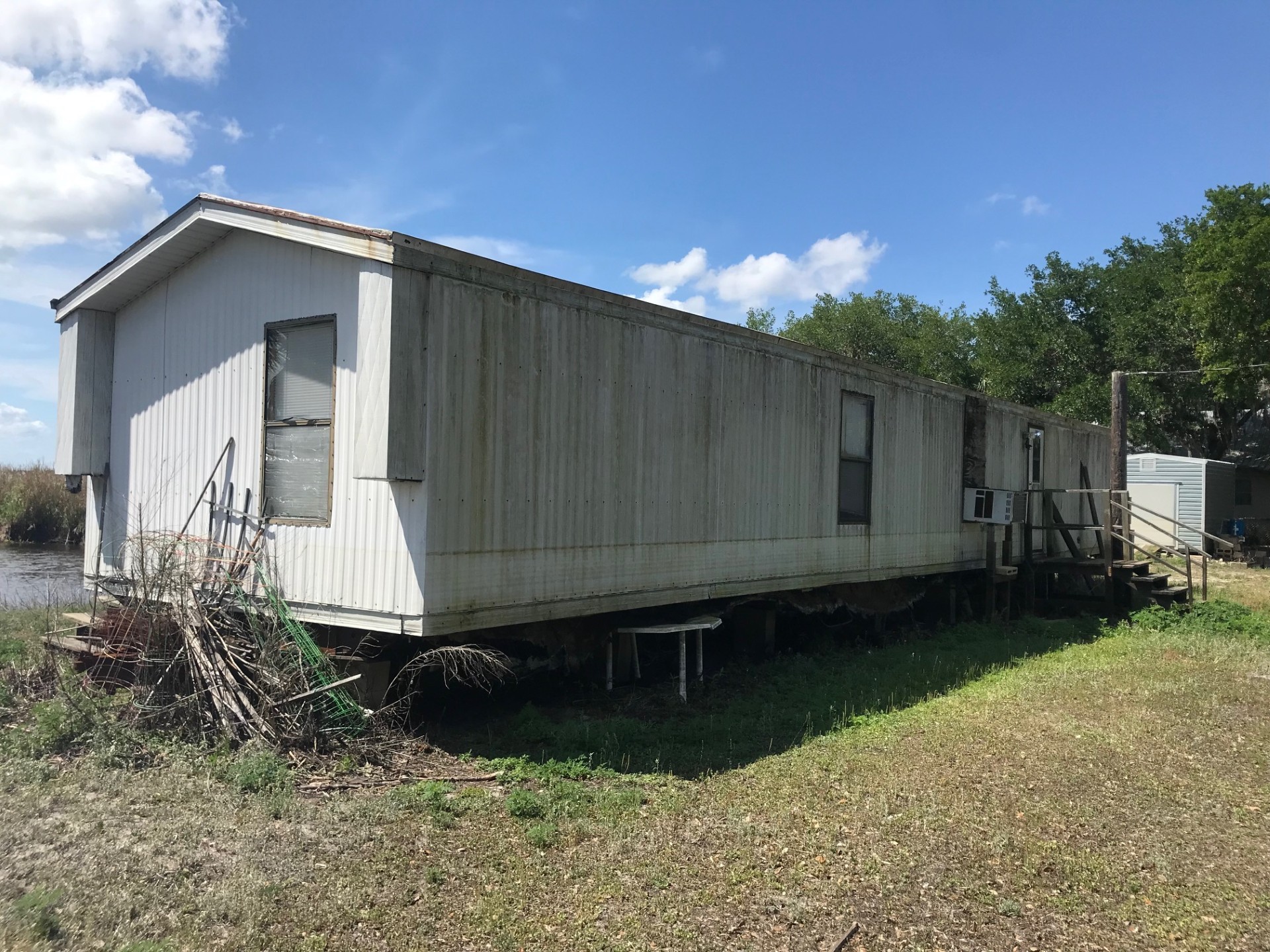In our ongoing discourse about housing solutions, mobile homes are often overlooked or dismissed in professional economic analysis. However, several market scenarios exist where manufactured housing presents superior economic value compared to traditional site-built homes. Let’s examine these cases through an economic lens.

1. High-Appreciation Markets with Land-Lease Options
In rapidly appreciating markets like Austin, Denver, or Seattle, mobile homes on leased land can provide an elegant solution to the housing affordability crisis. When land costs represent 40-60% of total housing costs, separating land ownership from dwelling ownership creates a viable entry point for homeownership. The capital requirements drop substantially, while residents still benefit from housing stability and potential appreciation of the structure itself.
2. Transitional Economic Development Zones
In areas experiencing economic transformation—particularly those anticipating major employer arrivals or infrastructure development—mobile homes offer exceptional optionality value. They allow residents to capitalize on emerging opportunities while maintaining the flexibility to relocate as market conditions evolve. This is particularly relevant in areas like rural Tennessee or South Carolina, where automotive and technology manufacturers are establishing new facilities.
3. Retirement Portfolio Optimization
For retirees looking to unlock equity from high-value properties in prime markets, mobile homes in well-managed communities can offer superior cash flow optimization. The delta between selling a traditional home and purchasing a quality manufactured home can significantly bolster retirement accounts while maintaining comfortable living standards. This strategy has proven especially effective in markets like Florida and Arizona.
4. Natural Disaster-Prone Regions
In areas susceptible to natural disasters, modern manufactured homes often present better economic value when considering insurance costs and replacement scenarios. Contemporary mobile homes built to HUD standards often outperform older site-built homes in hurricane and tornado zones, leading to more favorable insurance terms and lower long-term ownership costs.
5. Rural Development Opportunities
In rural areas where construction labor is scarce and materials transportation costs are high, manufactured homes can offer 20-30% cost savings compared to site-built alternatives. The controlled factory environment ensures consistent quality while eliminating weather-related delays and reducing labor coordination challenges.
Economic Implications
The data suggests that in these scenarios, mobile homes can offer:
- 40-60% reduction in initial capital requirements
- 25-35% lower monthly housing costs
- Significantly reduced property tax burden
- Greater flexibility in asset allocation strategies
- Reduced maintenance and insurance costs in many cases
Market Evolution
The manufactured housing sector has evolved considerably from its historical roots. Modern mobile homes often incorporate advanced materials, energy-efficient systems, and architectural designs that rival site-built homes. The financing market has also matured, with more institutions offering competitive terms for manufactured housing.
Conclusion
While mobile homes aren’t universally superior to traditional housing, they present compelling economic advantages in specific market conditions. The key is recognizing these scenarios and leveraging manufactured housing’s unique characteristics to optimize housing decisions. As housing affordability challenges persist in many markets, manufactured housing merits serious consideration in our professional dialogue about housing solutions.
